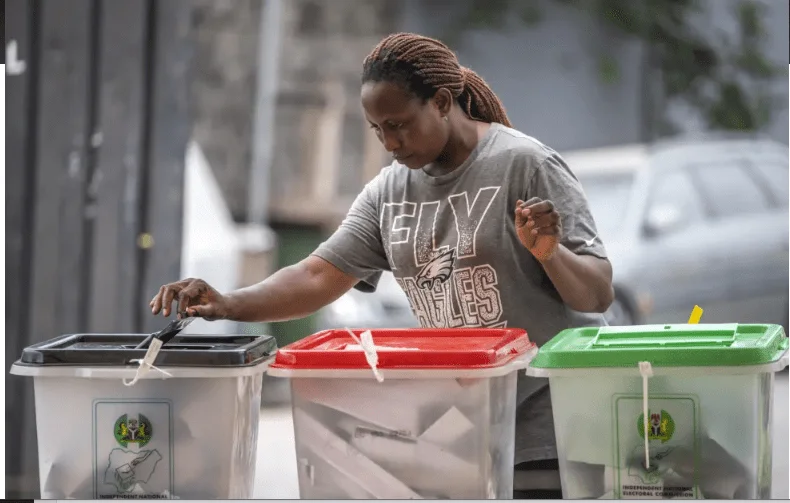Nigeria’s election commission has decided to delay the country’s March 11 gubernatorial election, citing logistical challenges. The election, which was meant to select new governors for 28 out of Nigeria’s 36 states, will now take place on March 18. This extra time is needed to reconfigure and deploy the voting machines that were used in the presidential and legislative elections last month, according to Festus Okoye, a spokesman for Nigeria’s Independent National Electoral Commission (INEC).
The gubernatorial elections are part of Nigeria’s general elections, which also include last month’s presidential vote. The presidential election was won by Bola Tinubu from the ruling party, but the result is being contested by the opposition.
Just before the announcement, a local court had approved INEC’s request to reset the Bimodal Voter Accreditation System (BVAS) machines. These machines are new technologies used in this year’s elections to improve transparency. However, the court’s decision came too late for the machines to be reconfigured in time for the original March 11 election date, leading to the one-week postponement.
“This decision was not made lightly,” said Okoye, the INEC spokesman. “It’s necessary to ensure there’s enough time to back up the data on the over 176,000 BVAS machines used in the presidential and national assembly elections and prepare them for the upcoming elections.”
Observer groups have criticized the election commission for the technological problems that affected the presidential election. These issues have been a key point in the opposition’s challenges to the ruling party’s victory.
The two main opposition parties claim that the glitches allowed for vote tampering and argue that INEC did not follow its own rules or Nigeria’s election laws when announcing the winner. Runner-up Atiku Abubakar has called for the presidential election to be canceled, while Peter Obi, who finished third, claims to have evidence that he actually won.
INEC has stated that it is not opposed to the opposition challenging the presidential election results in court. Okoye mentioned that the commission “will continue to provide all necessary materials to those pursuing legal cases.”




















